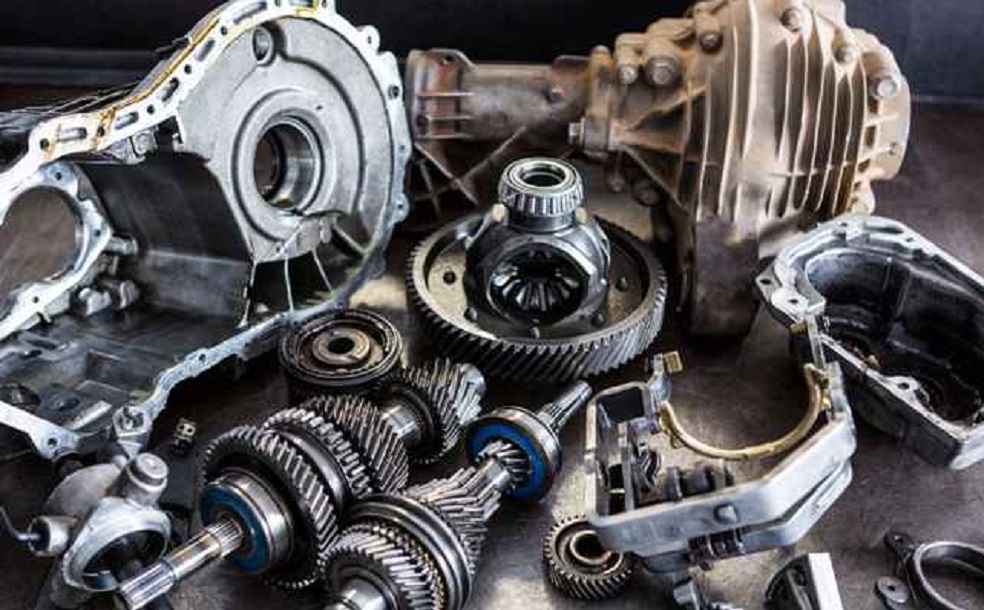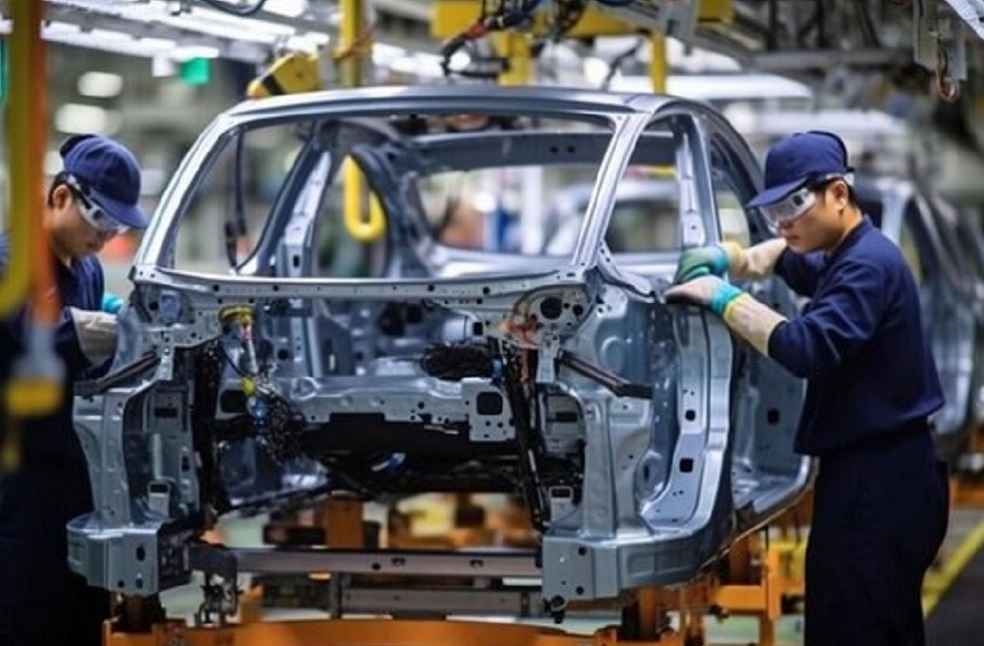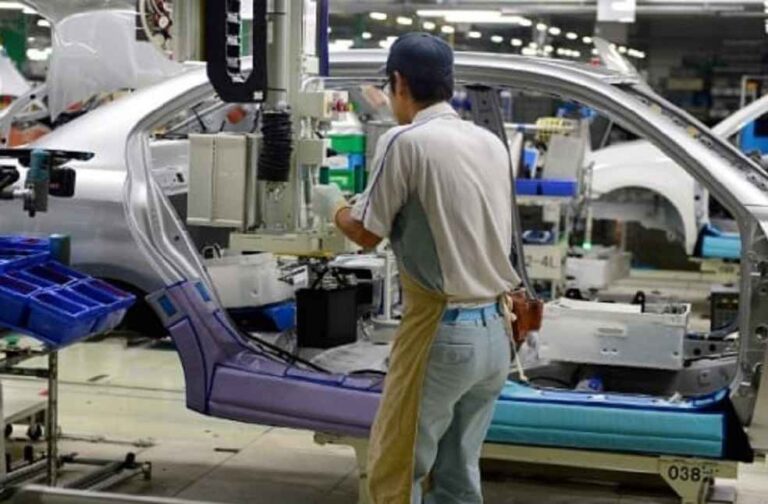Shares in major German carmakers fell sharply Wednesday as U.S. President-elect Donald Trump’s re-election raised concerns about new tariffs on foreign-made vehicles. The prospect of steep import tariffs unsettled investors, leading BMW shares to drop 6.6%, Mercedes-Benz 6.4%, Porsche 4.9%, and Volkswagen 4.3% on the German DAX index.
Trump has pledged to protect U.S. automotive jobs, especially in Michigan, with a proposed 10% tariff on all imported goods. At a recent rally in Georgia, he stated, “I want German car companies to become American car companies. I want them to build their plants here.”

The U.S. is the largest export market for German automakers, who are already under pressure from falling sales and profits. BMW, for instance, reported a 79% drop in quarterly profits to €838 million, down from over €4 billion last year. Sales in the last quarter also declined by 13% to 540,000 units, reflecting weak demand in China and supply issues with brake components.
The automotive sector, which saw a brief post-Covid recovery, now faces prolonged challenges. European carmakers, under pressure to shift from fossil fuels to electric vehicles, are dealing with weakening global demand and heavy investment costs.
Meanwhile, U.S. manufacturers benefited. General Motors and Ford saw shares rise by 4%, and Stellantis, owner of Chrysler, Dodge, and Jeep, gained 1.3% in Milan trading. Tesla shares surged by 13% as CEO Elon Musk’s support for Trump raised expectations of potential policy benefits for the company.

Japan’s Toyota, the world’s largest carmaker by output, also reported declining profits, with pre-tax profits halving to ¥859 billion in the last quarter. It lost a third of its operating income in China over the past six months and has increased marketing in response to intense competition from local electric vehicle brands, though sales fell by 13% in Japan.
Chinese carmakers are likely to remain unaffected by Trump’s re-election, as the Biden administration had already imposed substantial tariffs on imports. The expected tariff increases in the U.S. pose a significant challenge for European and Japanese automakers in an evolving global market.
BUSINESS GENERAL | U.S. Election May Reshape Global Agriculture, Impacting Brazil’s Market Role



